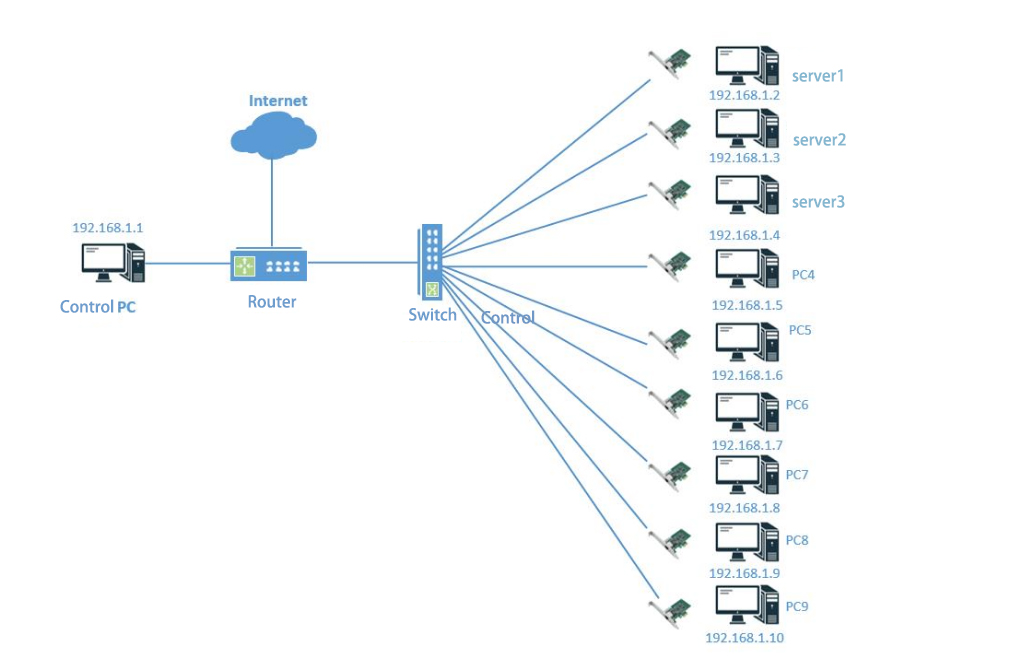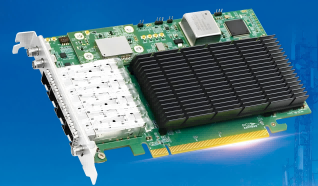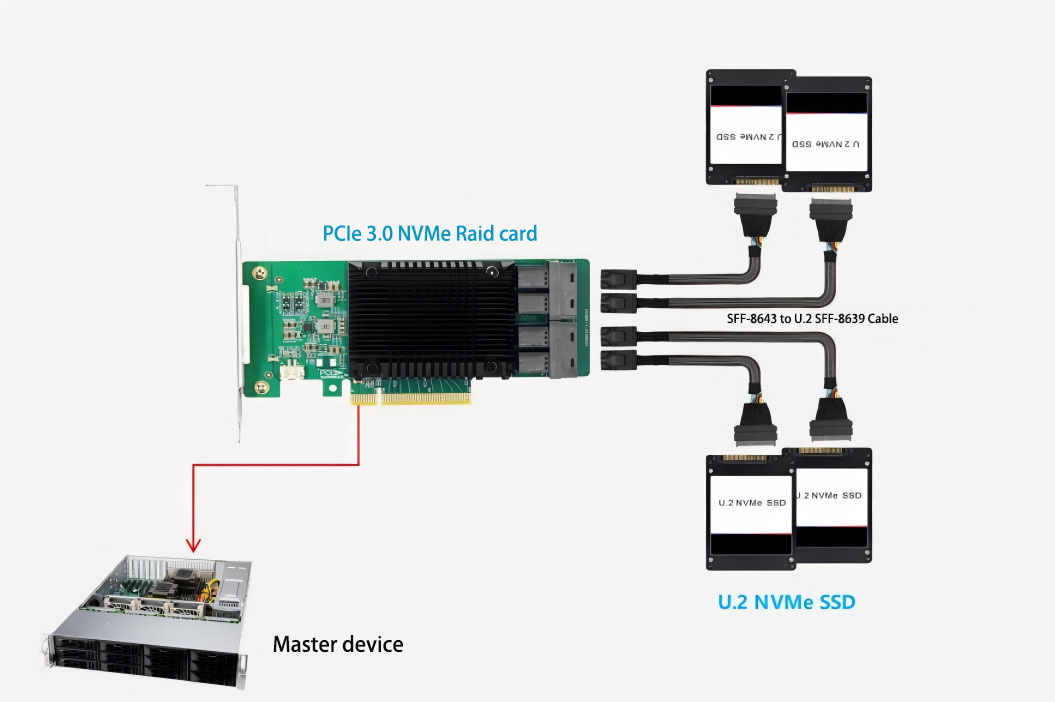





RAID cards, fully known as Redundant Array of Independent Disks cards, are widely used in data centers, servers, network storage, and other fields. RAID cards achieve data fault tolerance and redundancy through different RAID levels. For instance, RAID 0 is primarily suited for scenarios requiring high-speed data transfer but with lower data security demands, such as data caching. RAID 1 employs mirroring to ensure data remains intact even if a hard drive fails. However, RAID card quality varies significantly across the market, and the multitude of brands can be overwhelming, making selection challenging. Therefore,linkreal offers RAID card solutions in multiple specifications:
1.Server System Disk Security Solution
The advantages of this RAID card solution are:
Establishes RAID 1 to safeguard system security and maintain continuous operation
Performs data backup to protect data integrity
2.Workstation Speed-Up and Capacity Expansion Solution
The advantages of this RAID card solution are:
Expanding workstation hard drive storage capacity
Configuring RAID 0 to accelerate data retrieval and reduce latency
3.Server NVMe SSD Expansion Solution
 The advantages of this RAID card solution are:
The advantages of this RAID card solution are:
Expands four U.2 NVMe SSDs within the server
Supports RAID 0, 1, 10, and JBOD
Compatible with industry-standard protocol motherboards (requires UEFI support)
Overall, RAID configurations primarily differ based on data redundancy, performance, reliability, and application scenarios. When selecting a RAID card, it is essential to weigh these factors against actual requirements to make an informed choice.
